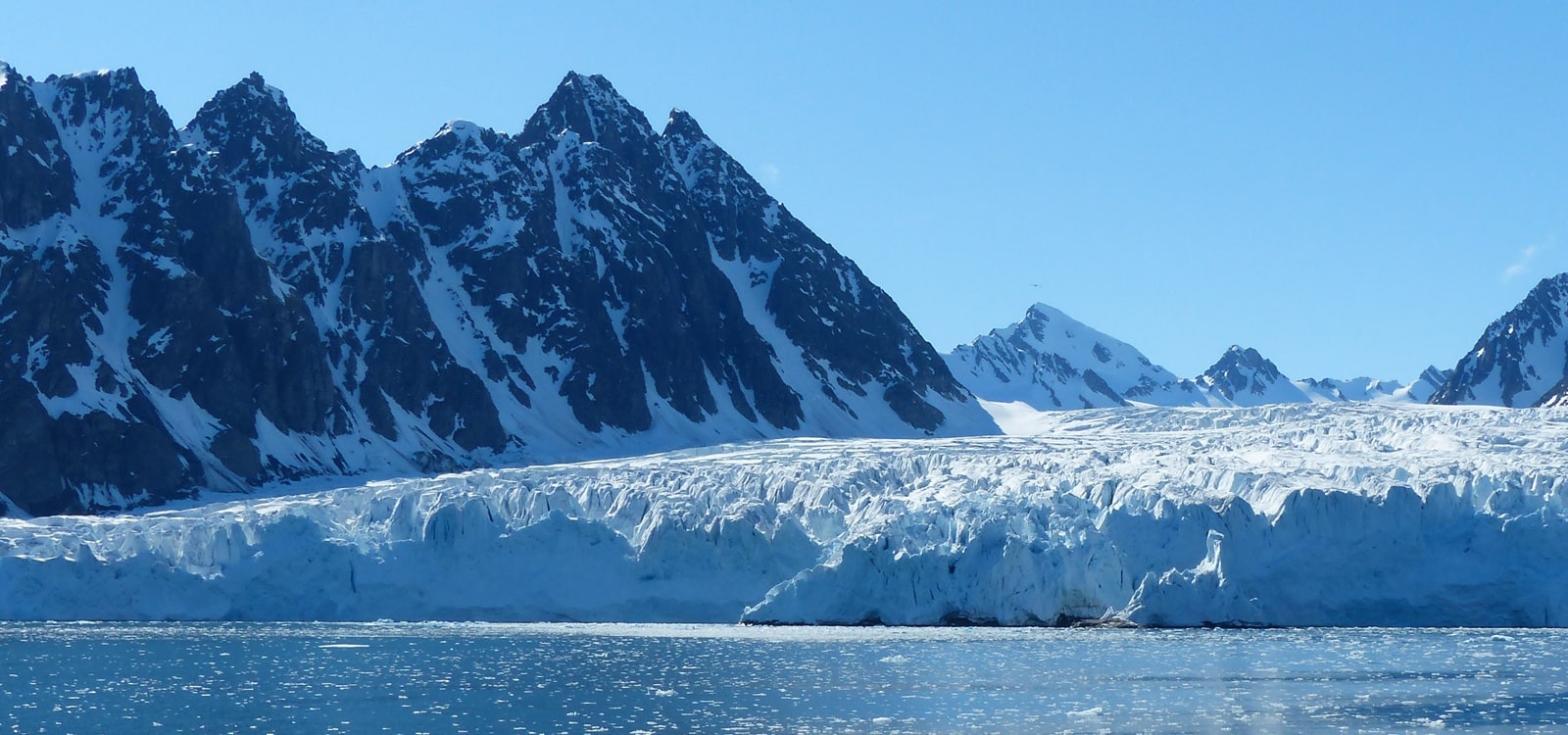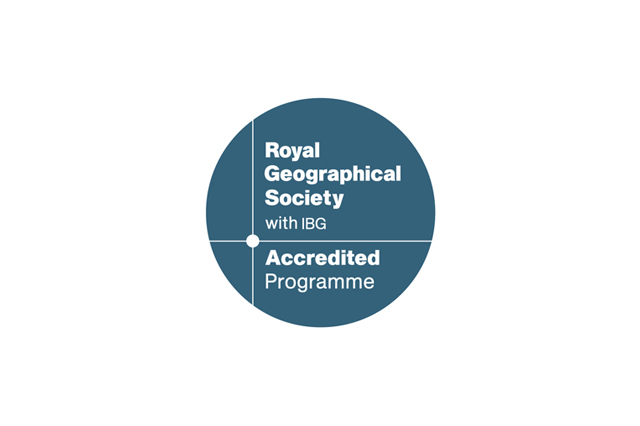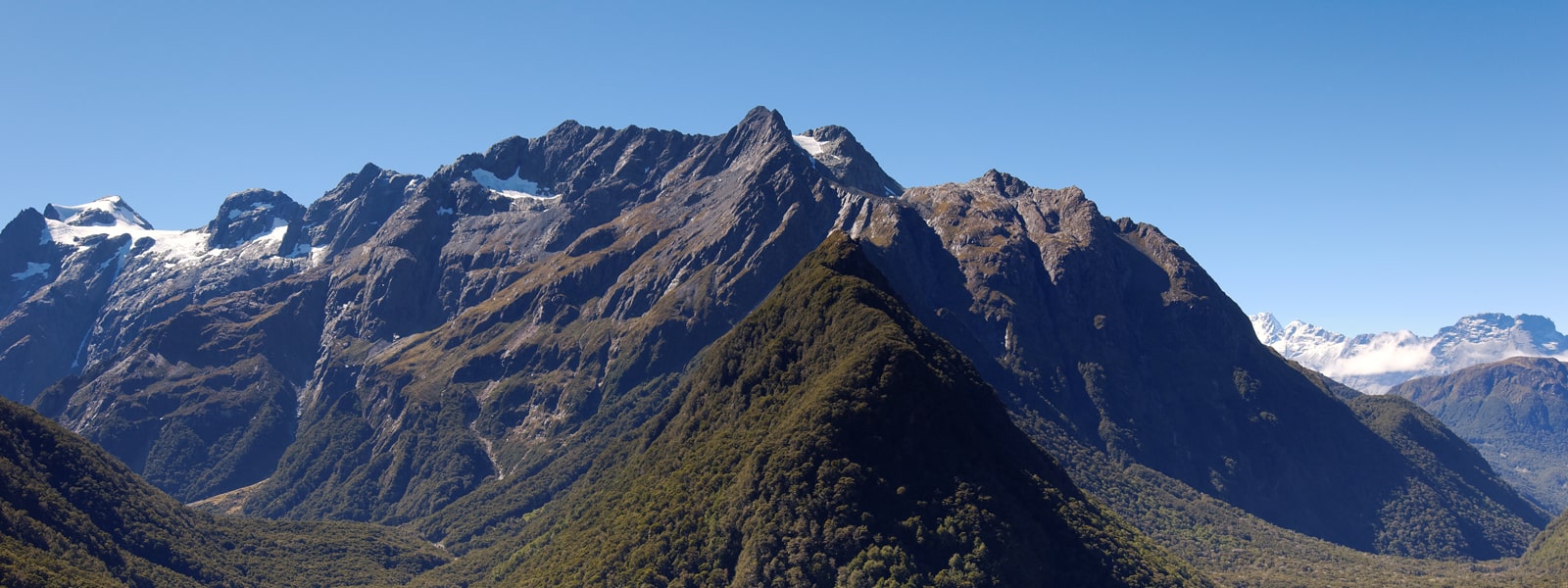United Kingdom
104 UCAS Tariff points from a minimum of 2 A Levels or equivalent qualifications to include 40 points in Geography or related subject. Biology, Chemistry, Environmental Science, Geology, Mathematics, are accepted.
International Baccalaureate: Pass Diploma from a minimum of 2 Higher Level subjects to include Higher Level 5 in Geography or related subject (from the fields of Sciences, Mathematics or Individuals and Societies.)
BTEC Extended Diploma in Geography or related subjects: Distinction, Merit, Merit, or equivalent. Applied Science, Computing, Engineering, Environmental Sustainability, Information Technology, Pharmaceutical Science are accepted.
T Level in Science, Agriculture, Land Management and Production are accepted: Merit
Access to Higher Education Diploma: 45 Level 3 credits with a minimum of 104 UCAS Tariff points, including 40 points from 15 credits in Geography or a related subject from the fields of Information, Communications and Technology, Science and Mathematics or Agriculture, Horticultures and Animal Care.
Applicants will also need at least three GCSEs at grade 4 or above, which must include English and Maths. Equivalent Level 2 qualifications may also be considered.
The University accepts a wide range of qualifications as the basis for entry and do accept a combination of qualifications which may include A Levels, BTECs, EPQ etc.
We will also consider applicants with extensive and relevant work experience and will give special individual consideration to those who do not meet the standard entry qualifications.
International
Non UK Qualifications:
If you have studied outside of the UK, and are unsure whether your qualification meets the above requirements, please visit our country pages for information on equivalent qualifications.
https://www.lincoln.ac.uk/studywithus/internationalstudents/entryrequirementsandyourcountry/
EU and Overseas students will be required to demonstrate English language proficiency equivalent to IELTS 6.0 overall, with a minimum of 5.5 in each element. For information regarding other English language qualifications we accept, please visit the English Requirements page.
https://www.lincoln.ac.uk/studywithus/internationalstudents/englishlanguagerequirementsandsupport/englishlanguagerequirements/
If you do not meet the above IELTS requirements, you may be able to take part in one of our Pre-sessional English and Academic Study Skills courses.
https://www.lincoln.ac.uk/studywithus/internationalstudents/englishlanguagerequirementsandsupport/pre-sessionalenglishandacademicstudyskills/







